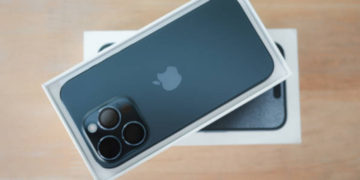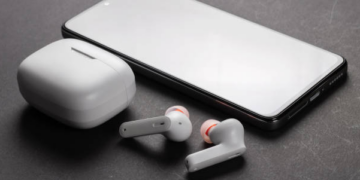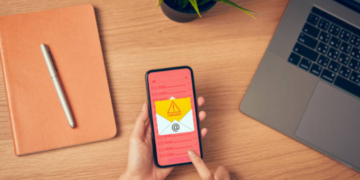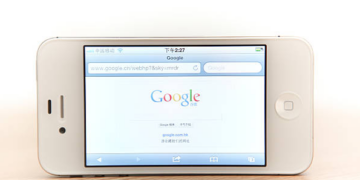In today’s digital age, smartphones have become an integral part of our lives. From personal communication to online banking, we rely heavily on these devices. However, with increasing cyber threats and data breaches, it is crucial to prioritize the security and privacy of our smartphones. In this article, we will discuss some essential tips on how to secure your smartphone and protect your sensitive information from unauthorized access.
Engaging the reader and highlighting the importance of smartphone security. Mention the increasing number of cyber threats and data breaches targeting smartphones.
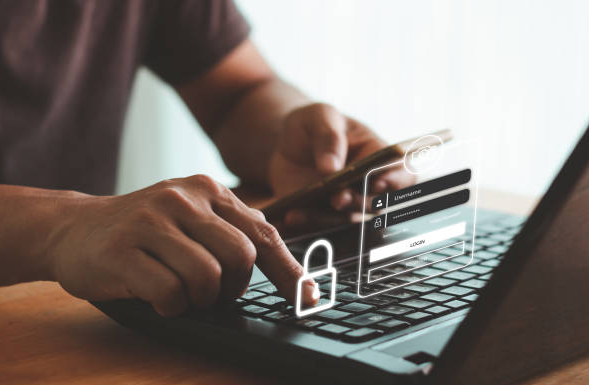
Importance of Smartphone Security
Explain the significance of smartphone security in protecting personal and sensitive data. Discuss the potential consequences of a compromised smartphone, such as identity theft, financial loss, and privacy invasion.
Setting a Strong Password
Explain the importance of setting a strong and unique password for your smartphone. Provide tips for creating a strong password, such as using a combination of letters, numbers, and special characters. Mention the importance of not using easily guessable passwords like birthdays or names.
Enabling Two-Factor Authentication
Highlight the benefits of enabling two-factor authentication (2FA) on your smartphone. Explain how 2FA adds an extra layer of security by requiring a secondary verification method, such as a fingerprint or a unique code sent to your device.
Keeping Software and Apps Updated
Emphasize the importance of regularly updating the operating system and apps on your smartphone. Explain that software updates often include security patches that fix vulnerabilities exploited by hackers. Encourage users to enable automatic updates for convenience.
Avoiding Suspicious Links and Downloads
Educate readers about the risks associated with clicking on suspicious links or downloading untrusted apps. Encourage them to exercise caution when browsing websites, opening email attachments, or downloading files, emphasizing the importance of sticking to reputable sources.
Using a Secure Wi-Fi Connection
Explain the potential risks of using public Wi-Fi networks and the importance of connecting to secure networks whenever possible. Provide tips for securing Wi-Fi connections, such as using a virtual private network (VPN) or personal hotspot.
Installing a Reliable Security App
Recommend installing a reputable security app on your smartphone. Highlight the features of such apps, including antivirus protection, anti-malware scans, and privacy controls. Mention popular security apps available for different operating systems.
Encrypting Your Smartphone Data
Explain the concept of data encryption and its role in protecting sensitive information stored on your smartphone. Provide step-by-step instructions on how to enable encryption for different smartphone operating systems.
Regularly Backing Up Your Data
Emphasize the importance of regularly backing up your smartphone data to prevent permanent loss in case of theft or damage. Recommend using cloud storage or external storage devices for convenient and secure backups.
Protecting Your Smartphone from Physical Theft
Provide practical tips for preventing physical theft of smartphones, such as keeping your device out of sight in public, using secure pockets or bags, and avoiding leaving it unattended in public places.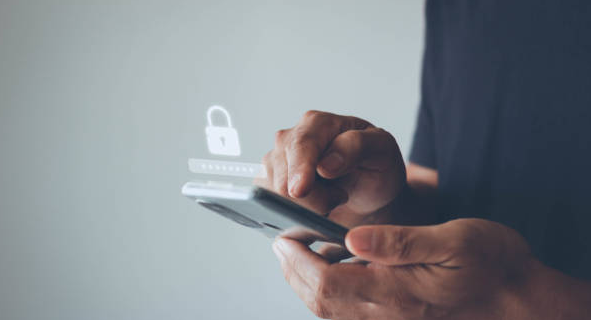
Avoiding Public Charging Stations
Warn readers about the potential risks of using public charging stations, such as data theft or malware injection. Recommend carrying a portable power bank or using trusted charging sources.
Being Cautious with App Permissions
Educate users about the risks associated with granting excessive permissions to mobile apps. Encourage them to review app permissions before installation and consider whether the requested access is necessary.
Disabling Bluetooth and NFC When Not in Use
Explain the potential risks of leaving Bluetooth and NFC (Near Field Communication) enabled when not in use. Encourage users to disable these features to prevent unauthorized access and data leakage.
Conclusion
Summarize the main points discussed in the article and reiterate the importance of implementing smartphone security measures. Encourage readers to follow the provided tips to ensure the privacy and security of their smartphones and personal data.
FAQs
1: How often should I update my smartphone’s operating system and apps?
A: It is recommended to update your smartphone’s operating system and apps as soon as updates become available. Regular updates help protect against newly discovered vulnerabilities.
2: Can I use the same password for multiple accounts on my smartphone?
A: No, it is not recommended to use the same password for multiple accounts. Using unique passwords for each account adds an extra layer of security and reduces the risk of multiple accounts being compromised.
3: Are free security apps effective?
A: While some free security apps offer basic protection, it is generally recommended to invest in a reputable paid security app for comprehensive protection against various threats.
4: Is it necessary to encrypt my smartphone data if I use a screen lock?
A: While a screen lock provides some level of security, encrypting your smartphone data adds an extra layer of protection against unauthorized access, especially in case of theft.
5: Can I trust public charging stations at airports or other public places?
A: It is generally recommended to avoid using public charging stations unless they are from trusted sources. Untrusted charging stations can potentially compromise your data security.











